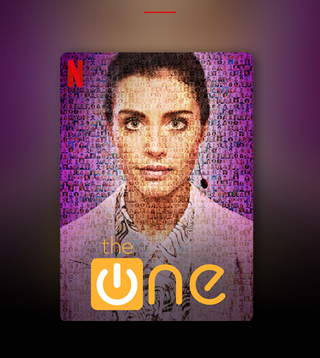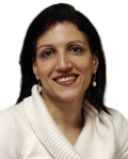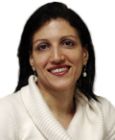Genetics
Netflix's The One and Blissful Ignorance
There's so much your genes call tell you. But do you want to know?
Posted April 15, 2021 Reviewed by Lybi Ma
Key points
- Genetic testing offers the opportunity to learn of many risks we carry. But, this knowledge can be a risk in and of itself.
- Prospective parents often come wanting to know 'everything' about their baby, but counselors are wisely wary of this,
- Homo Ignorans, coined by researchers Ralph Hertwig and Christoph Engel, show how choosing not to know, can be useful.

In 'The One' on Netflix, people send in hair, money, and information, then an algorithm finds their 'match'—the one person from all around the world, whom they will love and be drawn to, and live happily with ever after. Or maybe I'm making up the last bit because the show ends before we get there.
It's great, right? I mean, we all want to know who our perfect match is.
When We Deliberately Choose Not to Know
A few years ago, scientists Ralph Hertwig and Christoph Engel pondered this, and came up with an answer: Homo Ignorans, that's who. This is a person who deliberately chooses to ignore knowledge, or not to pursue it. Hertwig and Engel further show that such ignorance can have important functions and benefits, for the person and for society.
'The One' definitely shows the damage to society when marriages and families break because one of the partners discovers their 'match' elsewhere. What starts with simple curiosity, can end up being detrimental.
In my line of work, medical decision-making, such questions often arise, for example around prenatal genetic testing. The technology to examine fetal genes is already there, but the medical knowledge of what it means slightly lags behind. Plus, there's more uncertainty than we may want to acknowledge. Tests may show what is tellingly called VUS: Variant of Unknown Significance. Prospective parents often come wanting to know 'everything'. But the counselors are wary of this, realizing that this extensive knowledge may be both useless, and extremely worrying. They often ask parents to choose what type of information to be exposed to. Knowledge, mind you, cannot be unlearned. And raising a child with a VUS might be far more stressful than otherwise, only because you are constantly looking for signs that the unknown, unclear condition, is erupting.
Can a Cautionary Glimpse Into Our Genes Change Things?
Knowledge can be power, but humans can be lazy. I wonder if finding your 'match' means you work extra hard at keeping the relationship or expect it to progress effortlessly. Similarly, in health, genetic screening can point us to risk factors, but what we then need to do is quite effortful. Keeping a healthy lifestyle is an everyday endeavor and for some a battle. Eating well, exercising, not smoking, not drinking. Research repeatedly shows that even when people know what they need to do, such as adhere to medication, they're not very diligent. Why do we think that a cautionary glimpse into our genes would change that?
I'm proposing a stopping point, considering what knowledge would mean, and whether it would carry more benefit than harm, before bringing it into our consciousness, where it may forever torment us, like the picture of the 'One Match', who isn't the one we're currently happily married to.


